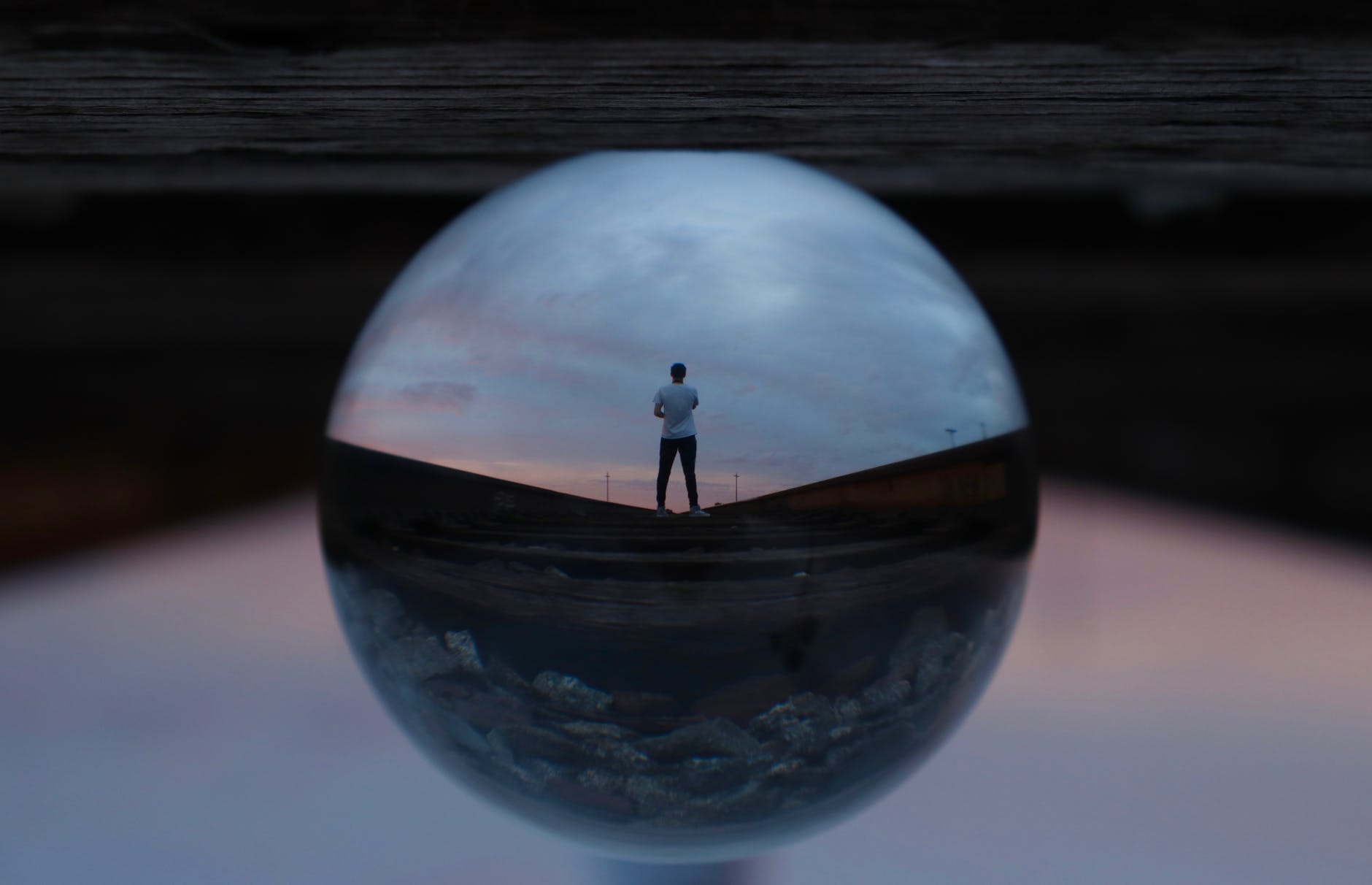When I was in 11th grade, my high school class did a Shabbaton in the Upper West Side. Which was weird, because my school was in Westchester county, which is a twenty-minute drive from Manhattan “off-peak”- hardly an excursion. Right before Shabbat began, the teachers leading the Shabbaton sat us in a badly lit recreation room decorated with yarn in the hostel we were staying in and demanded possession of each students’ cell phone. My peers were in an uproar:
“I’ll just leave it in my bag.”
“Are you f***ing kidding me?”
“I’m not a child.”
“I don’t keep Shabbat anyways, this is stupid.”
My twin brother and I quietly gave our phones to the teacher closest to us. We sat there as the sun was setting and the room was brimming with anger.
“Why do we have to do this again?” said a student, louder than the rest. The room got quiet, the school rabbi stood on a chair to address the 59 of us.
“We have to keep the highest denominator of observance of the students on the Shabbaton- so ask them” he said as he pointed to me and my brother.
As if we made up Shabbat.
As if we made this school rule.
As if I gave a damn if you’re shomer Shabbat or not.
There’s a lot of sources that explain you should care deeply about the actions of Jews around you. We’re all one neshama and all. That thought used to keep me up and have me sobbing at three in the morning. I try not to think about it anymore. My brother and I got blamed a lot in high school for Orthodox Judaism. It was seemingly the Judaic Studies department’s favorite way of reasoning things they could not explain. Which was distressing then, but now I find hilarious because what kind of religious leader has to blame a child for millennia-old observances? But more than that, the attitude around me towards Orthodox people taught me that they are to be hated.
And honestly, I’m still incredibly uncomfortable around Orthodox Jews. There. I said it. It’s not something I’m proud of. It’s visceral reaction wrapping paper on a package so large you’d think there’s a person about to pop out and maybe if I opened it I would find a different version of myself in there. I feel more like myself the further away I am from any Jewish community. It’s also disconcerting to be scared or hateful of yourself and your values. Not because I don’t believe in them- but I was conditioned to believe that believing in Torah m’har Sinai and Halacha makes someone an inherently corrupt person.
Maybe that’s not true- perhaps none of this is true. Maybe I was so uncomfortable with everyone and everything around me that I built conspiracies in my head. Sometimes I look back at my life and it doesn’t make sense, as if I was running across a burning bridge for years and now all that’s behind me is a valley I don’t feel like looking back to.
More than that, I am terrified of Orthodox rabbis. I’m scared of making eye contact with them, being in the same room as them, talking to them. An irrational part of my mind, wired in a long time ago, is thoroughly convinced they are judging my every move, hating me, and wishing I wasn’t there. Again, irrational, especially because I cannot recall one personally negative experience with an Orthodox rabbi. But I go into panic mode because my entire childhood I remember hearing stories about the evils of Orthodox rabbis.
They’re all misogynists.
They’re all pedophiles.
They all couldn’t care less about their clergy as individual souls.
They are all proof as to why Orthodoxy is antiquated and halacha is corrupt.
Yeah, panic mode.
I don’t know if I think “Orthodoxy” is good.
After all, orthodox is a goyish word that was placed on observant Jews as an insult, which for some reason the observant world embraced.
I don’t know when I am going stop feeling so uncomfortable around people whose ideas I admire and people I look up to.
Maybe there’s some German word for that feeling that’s impossibly long but incredibly accurate. Let me know.
Cognitive dissonance is the best phrase I can think of. My mind has been trained to believe one thing but it’s not consistent with my beliefs.
I don’t know when I’m going to stop feeling like an imposter in my own community, in my own practice and philosophies.
Maybe that feeling is what makes me stronger. Keeps me on my toes.
I don’t know.





